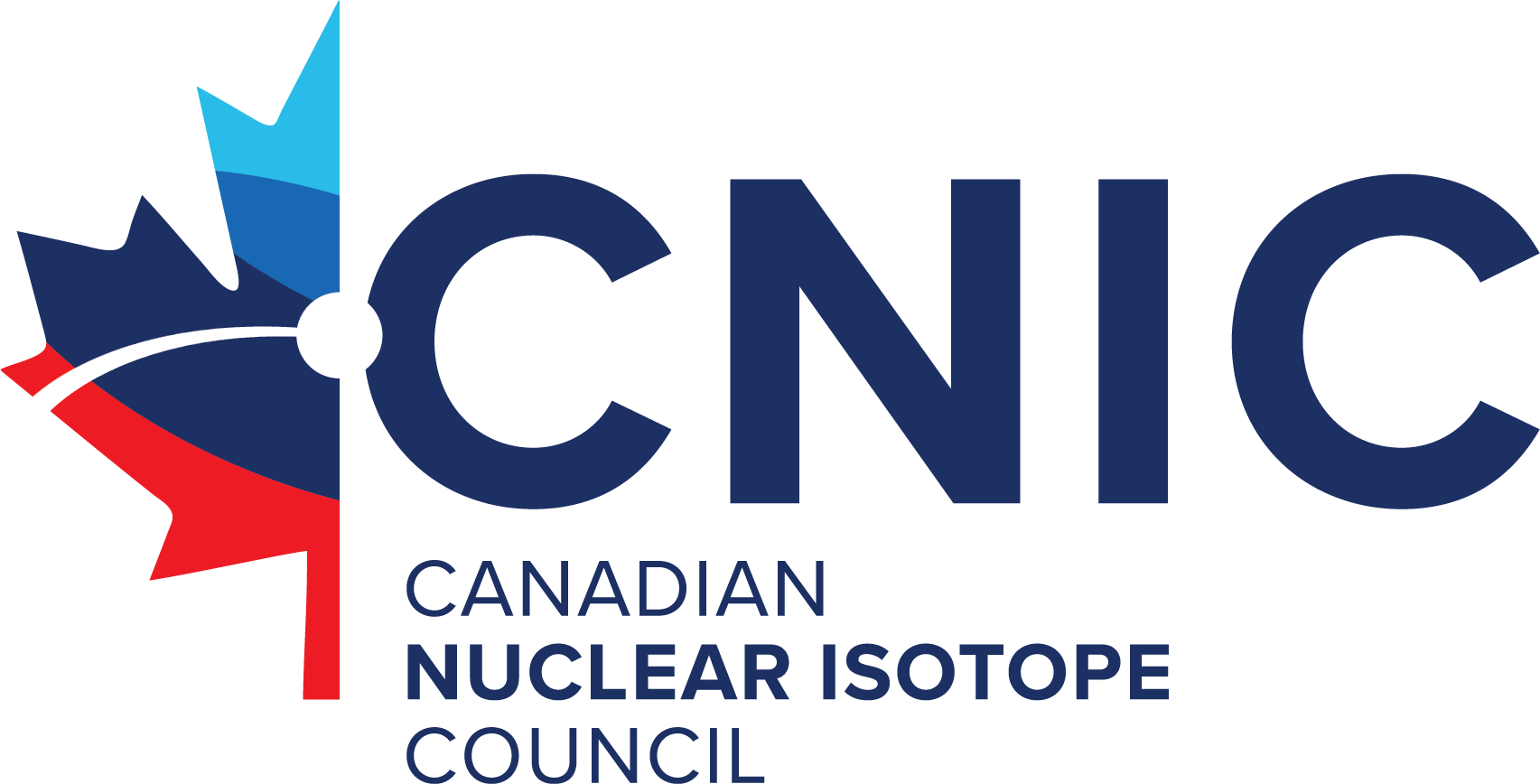TORONTO, ON — Following months of advocacy from the Canadian Nuclear Isotope Council (CNIC) and its industry partners, the Government of Ontario formally recognized the province’s leadership in the global nuclear isotope sector in today’s Phase 2 update to the government’s Life Sciences Strategy.
In the CNIC’s 2023 Isotopes for Hope: Update on Recommendations report, we highlighted the importance of including Ontario’s radioisotope sector under the umbrella of the Life Sciences Strategy as being critical to support the innovation and growth of the industry. Following the acceptance of this recommendation, the government’s inclusion of medical isotopes in the next Phase of this strategy will open the door to significant opportunities for government-industry collaboration and unlock new avenues for funding.
The Ontario government has previously been a key player in furthering Canada’s isotope leadership. A recent $6.8 million investment in the McMaster Nuclear Reactor (MNR) has increased its capacity to produce iodine-125 medical isotopes that will treat over 70,000 cancer patients annually.
Today’s announcement demonstrates the impact of CNIC’s advocacy work, led through collaboration with our members. It also demonstrates the potential that recent growth in Ontario’s isotope sector holds. While its isotope industry continues to grow, Ontario has already cemented its status as global leader in the isotope sector.
For example, a significant portion of the world’s cobalt-60 is produced right here in Ontario’s CANDU nuclear reactors at Bruce Power and Ontario Power Generation’s Pickering facility. Over 80% of the global Co-60 supply is processed at Nordion’s Ontario facility, and over 40% of the world’s single-use medical equipment (such as masks, gloves, syringes, and tubing) is sterilized using Co-60. OPG’s Darlington facility is also set to begin additional production, providing further reliable supply of this critical isotope for the next 30 years. Ontario’s CANDUs have also been outfitted to produce other isotopes like lutetium-177 and yttrium-90 for cancer therapy, and molybdenum-99 for diagnostic imaging scans.
Furthermore, new leadership from Canadian Nuclear Laboratories in Chalk River are working to leverage Ontario’s historic leadership to produce rare, promising cancer-fighting isotopes like actinium-225.
The inclusion of isotopes in Ontario’s Life Sciences Strategy will help to sustain this momentum, create economic opportunities, and attract investment to the province.
“I am thankful to the Government of Ontario and the Ministry of Economic Development, Job Creation, and Trade for the inclusion of medical isotopes in Phase 2 of the province’s Life Sciences Strategy. As a major contributor to Canada’s isotope supply, Ontario possesses the capacity to continue to meet growing global demand for life-saving medical isotopes. With stable and clear policy, Ontario can unleash the potential of the isotope industry and the
broader life sciences sector,” said James Scongack, Chair of the CNIC.
Read the Government of Ontario’s updated Life Sciences Strategy here:
https://www.ontario.ca/page/driving-growth-life-sciences-and-biomanufacturing-ontarios-
strategy
—30—
About the Canadian Nuclear Isotope Council
The Canadian Nuclear Isotope Council (CNIC) is an independent, not-for-profit advocacy and member services organization. The CNIC supports over 95 members from across science, academia, healthcare, and nuclear-sector organizations dedicated to maintaining Canada’s position as a global leader in the production of life-saving isotopes. The CNIC raises awareness and advocates for long-term policies that support health-care innovation and will save countless lives for decades to come.
